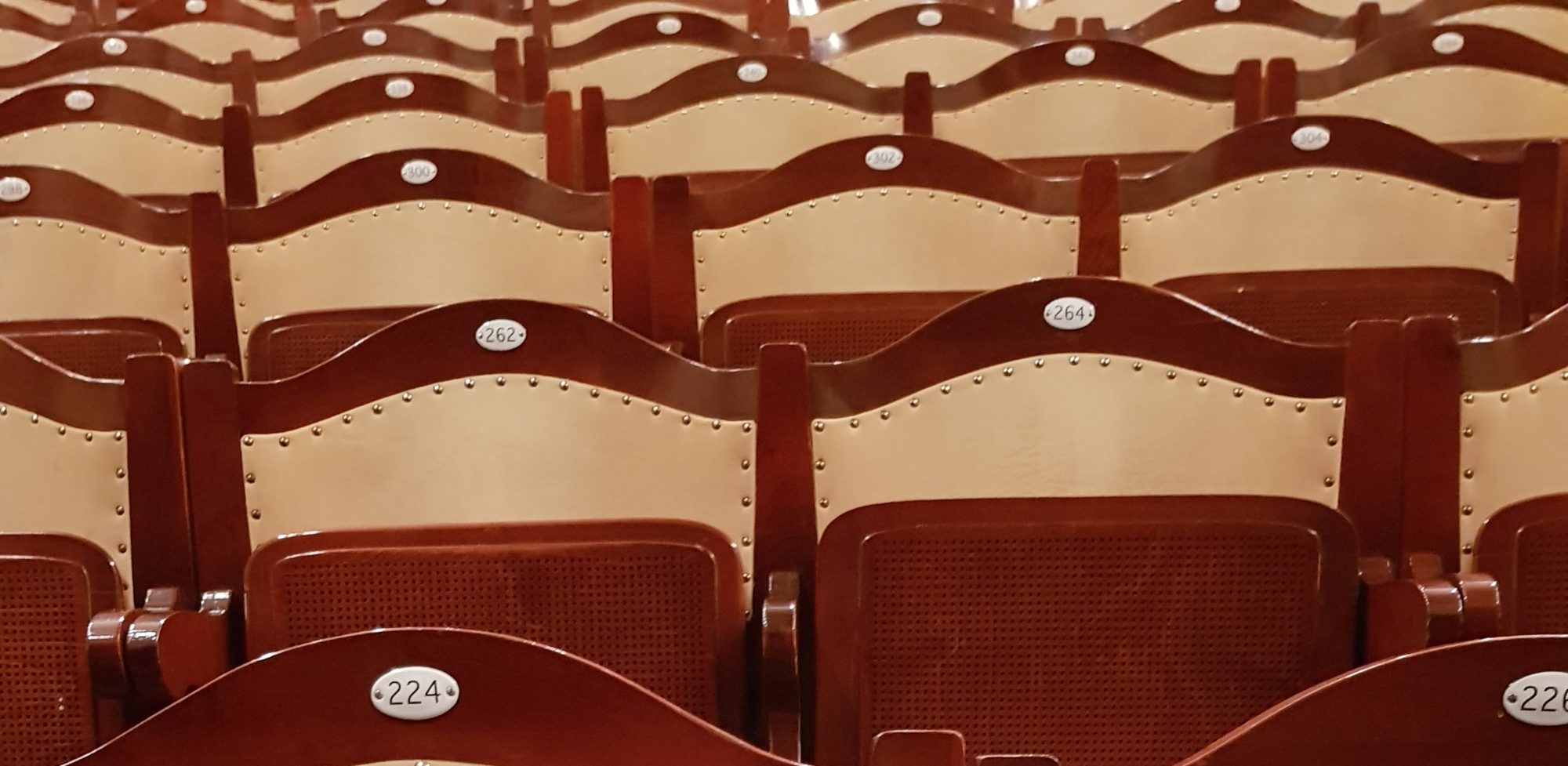As the wet fall takes over and the warmth and sunny summer leave us, I ponder this day on the many open-air festivals now over and on the theater season ahead. I decide to take the pen again, or should I say the computer keyboard, to write my thoughts in this post and to discuss a question which has followed me for a while: How important is the quality of an artist and of the music in big open-air classical events?
The 3 Tenors
I remember watching, as a child, the 3 tenors concert with big open eyes. The three tenors: Luciano Pavarotti, Placido Domingo, and Jose Carreras, made history that evening. They sang opera arias, some of these becoming big popular hits among non opera-goers after this event. The setting was very much that of big pop shows. We, my siblings and parents, sat in front of our little TV and watched this novelty with big expectations.
Coming from a very musical family, the music wasn’t new, but the event was. Classical music as a “pop” concert? This was a first for me. Yet, what made it so unique was not only that this was a totally new way of presenting classical music but also that these tenors kept their professional standards high, keeping true to themselves and their quality. These were 3 different voices singing opera, in the same register, at the highest possible level for a wide audience. And it worked! I can’t help thinking now, how fortunate it was that they were already well known, top of their league, serious opera singers having made their reputation before this event.
Opera in the big open
A little while back, I was at a big open-air opera event. This time visiting a colleague involved in a massive opera production. I couldn’t help thinking, whilst there, how small and secondary the performers became. The level of singing was good, the orchestra too, yet the actual magic of a voice connecting to one was virtually impossible. The music just became a backdrop to the lights, effects, show.
When on stage at such events, we singers become very reliable on the sound engineer. It is a weird situation, as the acoustic becomes a “machine-made” thing. A smaller voice will be easier to play with, a bigger will become more challenging for the engineer. Yet, the magic of opera is when a voice, a sound, a timbre, just 2 small vocal cords, sail without any extra help over an orchestra, however big it may be, in a seemingly effortless way, expressing emotions through the music and text with the help of dynamics, technique and years of non stop working on one’s sound. That magic didn’t come through here, and this wasn’t for a lack of good musicians.
John Williams and Anne-Sophie Mutter
Recently, I watched another open-air concert on television. This time with a world-renowned classical violinist: Anne-Sophie Mutter. It was a cross-over concert, her first open-air concert, playing film music written and adapted for her by John Williams. Big lights, different outfits, themed backdrop, full moon, a few special effects here and there, all this was part of the show.
What stroke me most, though, was the music John Williams had written for her based on his film music. These are challenging compositions, in places quite modern too. I was surprised to see and hear how seriously John Williams took Anne-Sophie Mutter as an artist. This wasn’t about making an event with light easy music for a huge audience with a famous violinist. Nor was it about not over challenging an open-air public who might not be thought to be up to it. This was about Anne-Sophie Mutter presenting a great composer and playing his music to the best possible level, and about John Williams having the liberty and taking the opportunity to write a score technically and musically challenging for a top artist. That really got me thinking…
Conclusion
One could discuss further whether open-air classical performances are good for this industry or not, at least on an artistic level. For me, I sometimes feel that open-air performances become a superficial act and less about the direct connection of an artist through his/her interpretation with the audience. It should be about a sound not being just a note, a rhythm not just a time span, and virtuoso playing not just quick-playing… Maybe the many other factors involved: sound engineers, big screens, effects, weather, lights, and so on, make it difficult for classical music to just be the deep, challenging and intimate art form and experience I feel it really is. What do you think?
